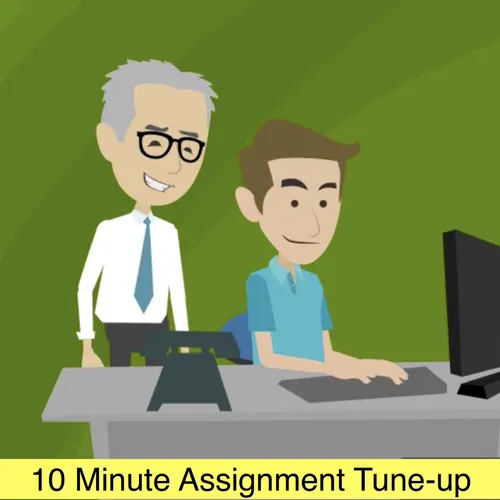
Teaching Writing: Ideas and Strategies
This podcast talks about ways post-secondary instructors in all disciplines can help their students and themselves become better writers.
- Update frequency
- every 11 days
- Average duration
- 11 minutes
- Episodes
- 64
- Years Active
- 2018 - 2021
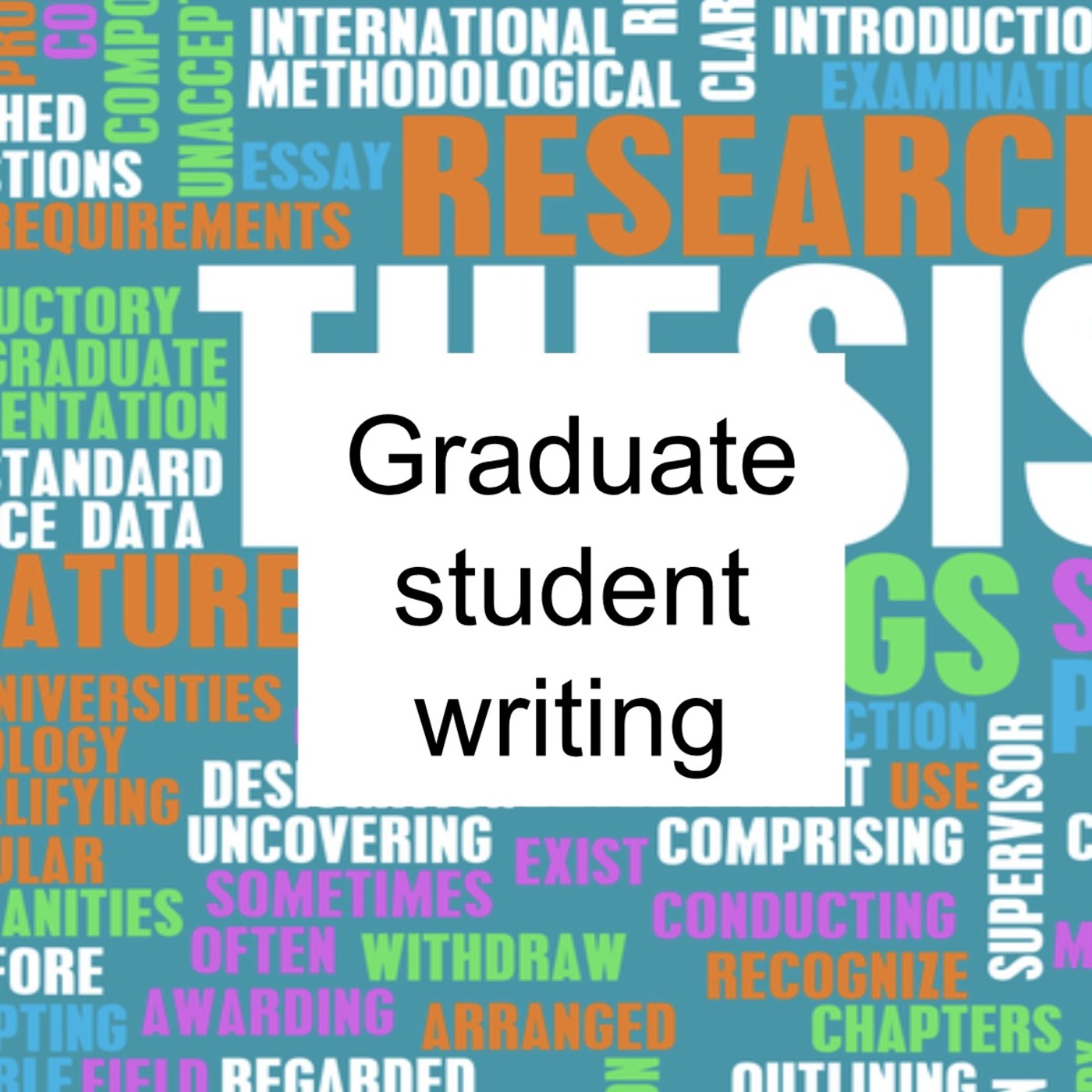
Helping graduate students write better
How can we develop better graduate student writers? In this episode I discuss several strategies: mapping out a plan of development over the entire degree program; developing and using specific model…
00:12:27 |
Thu 14 Mar 2019

3 Things Graduate Student Supervisors Want to Know
At the start of a recent workshop, I asked graduate student supervisors what they most wanted to know. In this podcast, I provide an edited version of my answers. How can your students write more eff…
00:13:37 |
Fri 08 Mar 2019
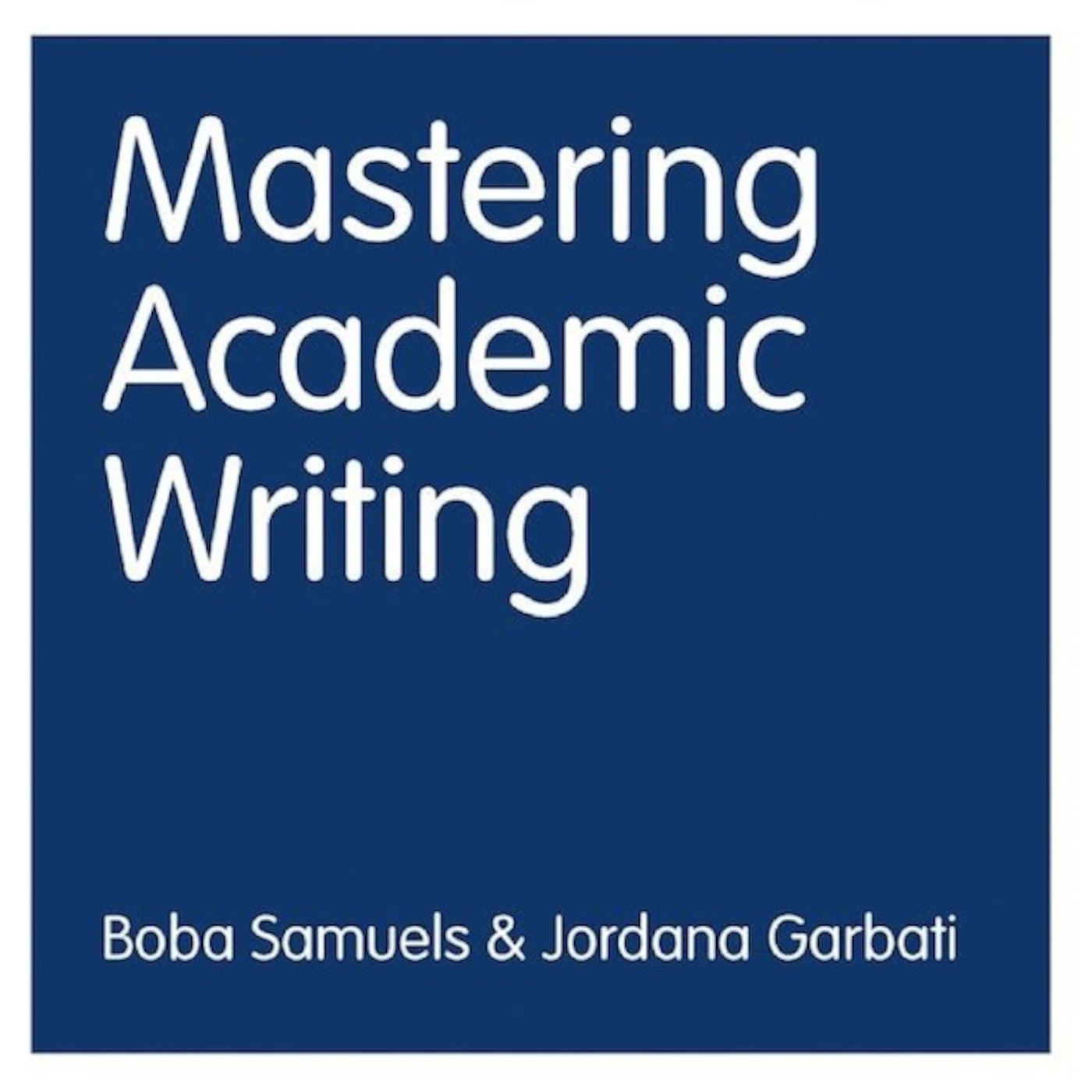
Mastering Academic Writing: An interview with the authors
In this episode I talk with Boba Samuels and Jordana Garbati, authors of the textbook Mastering Academic Writing. You'll hear about how their wealth of experience working with students in writing cen…
00:13:48 |
Mon 25 Feb 2019

Beyond words: visuals in documents
How can we help students, both at the undergraduate and graduate level, understand how to create appropriate visuals to include in their documents? In this episode, I talk about research I've done wi…
00:10:54 |
Thu 14 Feb 2019
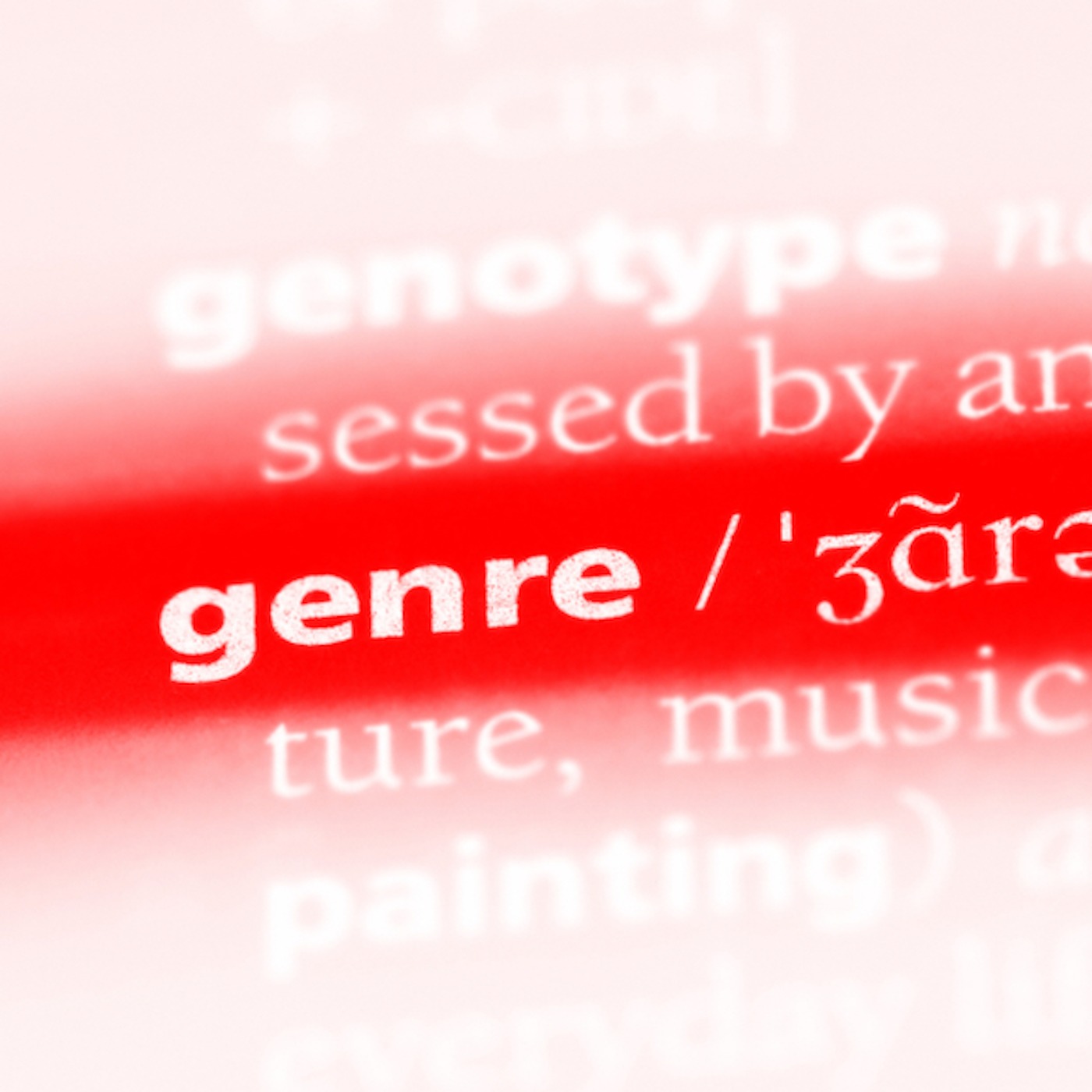
Genre, format, and purpose
In this episode we consider the concept of genre, as writing studies researchers have framed it, to think about the kinds of writing we assign to students and that we encounter at work. What does gen…
00:10:58 |
Tue 05 Feb 2019
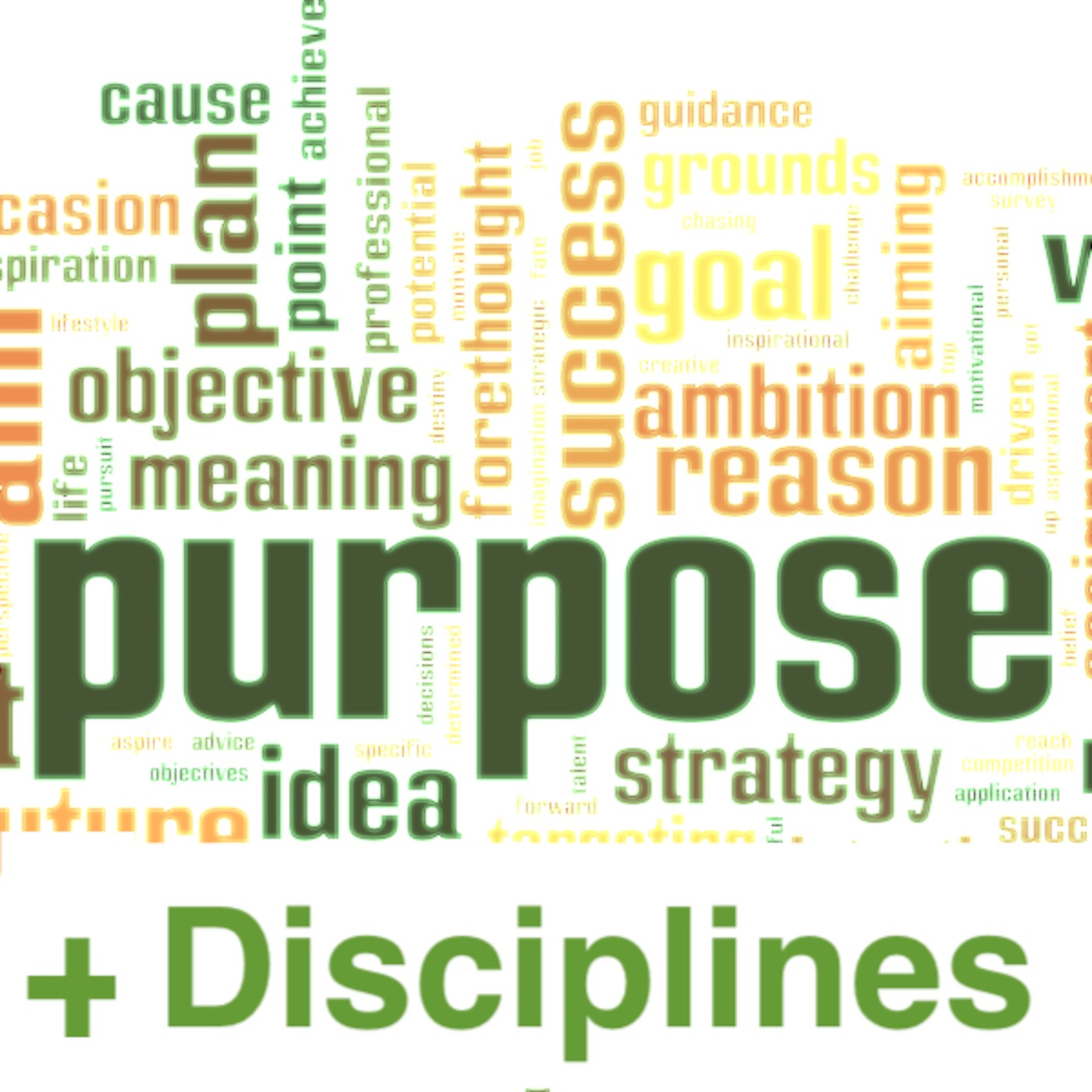
Purposes for writing in the disciplines
In this episode I focus on purpose, both in academic and in professional writing contexts. The four main purposes for writing are to inform, to persuade, to deliberate, and to reflect. As instructors…
00:11:06 |
Tue 29 Jan 2019

Purposes for writing
This episode examines purposes for documents, and, in fact, other communication situations. What is the purpose of a document? Referential, expressive, and persuasive are three of the main purposes t…
00:09:23 |
Thu 24 Jan 2019

Audience and rhetorical situations
Requiring students to write for different audiences is crucial for their development. In this podcast I review how audience is one of the three key characteristics of what Lloyd Bitzer termed "rhetor…
00:09:42 |
Fri 18 Jan 2019

Teaching writing today
I taught my first writing class 38 years ago. What advice would I have given myself then based on what I know now? In this episode, I begin to explore that idea, examining audience, peer response, an…
00:09:08 |
Fri 11 Jan 2019
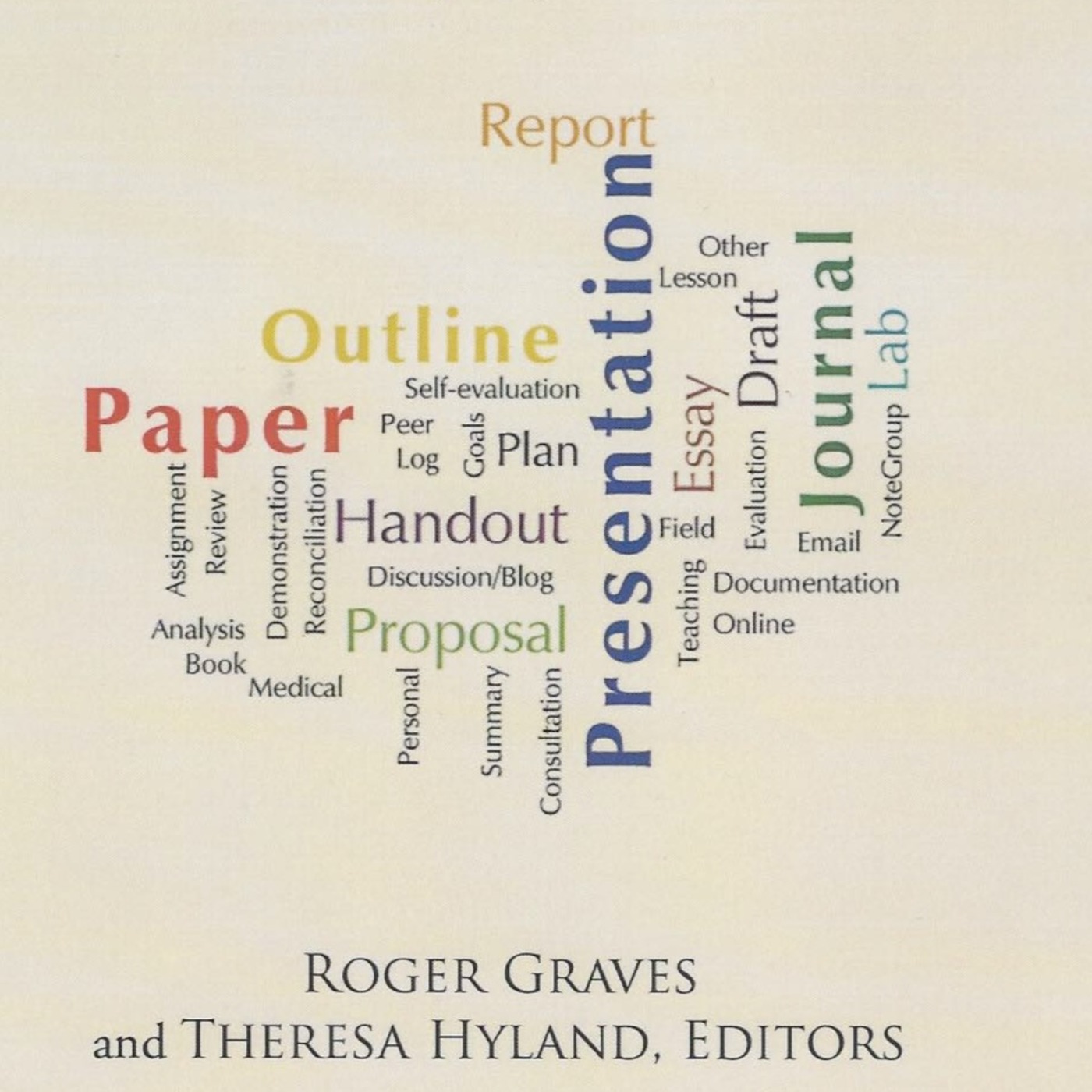
Writing Assignments Across University Disciplines:
In this episode, Roger Graves and Theresa Hyland talk about their 2017 edited volume, Writing Assignments Across University Disciplines, and the implications that research has for instructors, studen…
00:16:39 |
Mon 10 Dec 2018
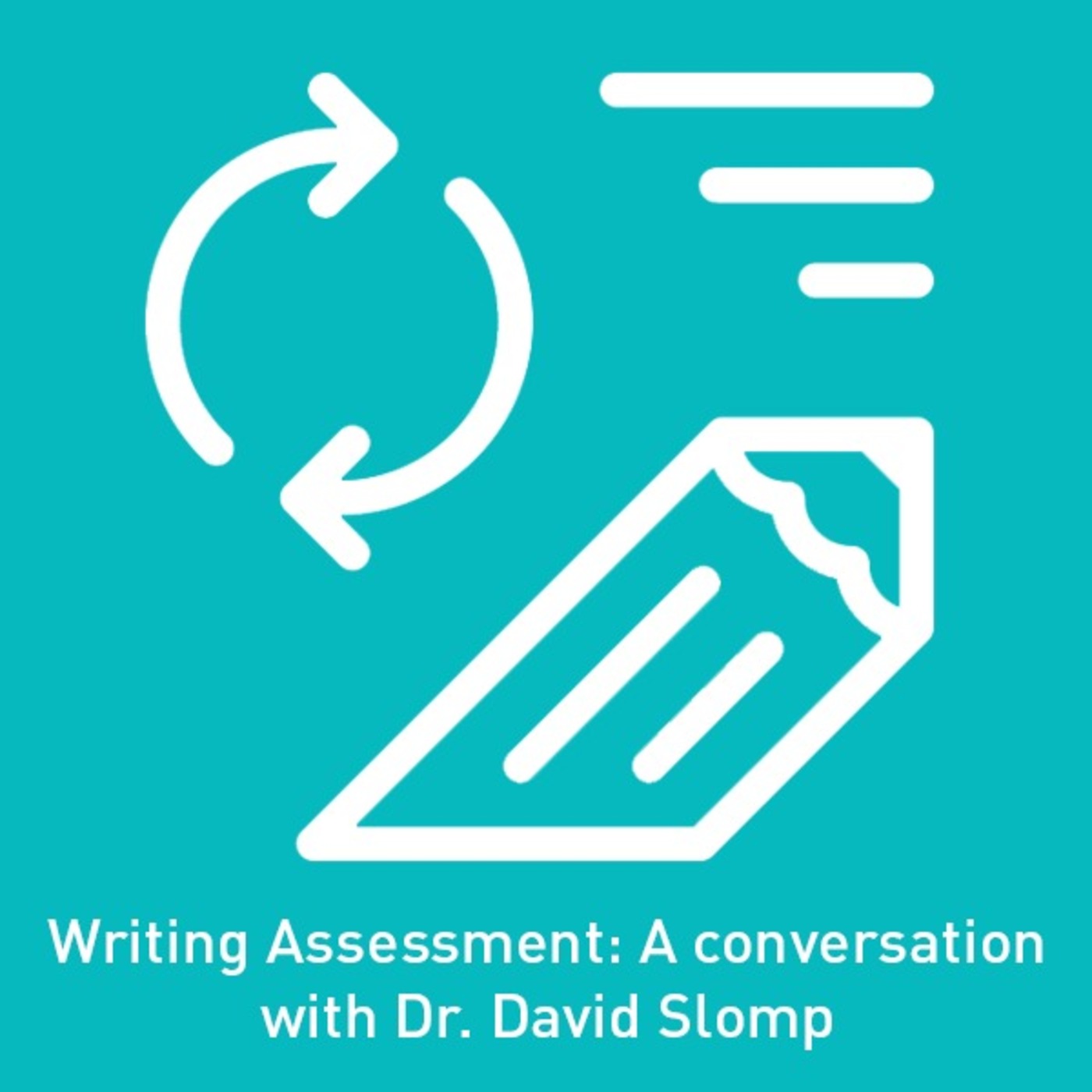
Writing Assessment: A conversation with Dr. David Slomp
How can we assess the writing of our students in ways that are valid, reliable, and fair? In this 30 minute conversation with Dr. David Slomp, Associate Professor of Education at the University of Le…
00:27:52 |
Thu 29 Nov 2018

Write like your academic career depends on it!
Writing academic articles well and quickly determines how successful you will be as an academic. This episode discusses three key features of articles: introductions, citations, and visuals.
00:12:10 |
Thu 22 Nov 2018
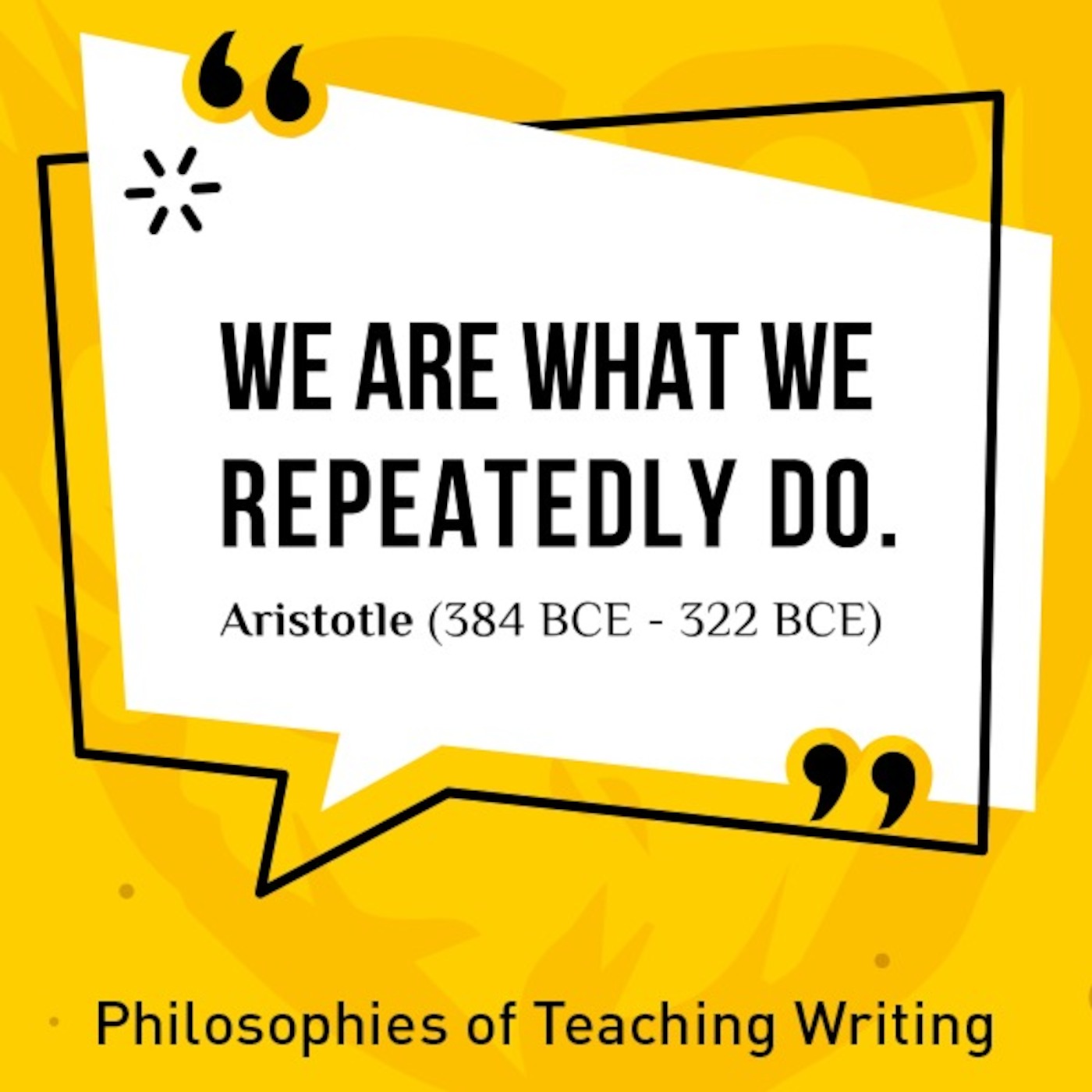
Philosophies of Teaching Writing
In this episode I discuss some ideas that writing instructors--and any instructor who teaches their students to write better--might include in their teaching philosophy statements. Topics include pos…
00:09:06 |
Wed 07 Nov 2018
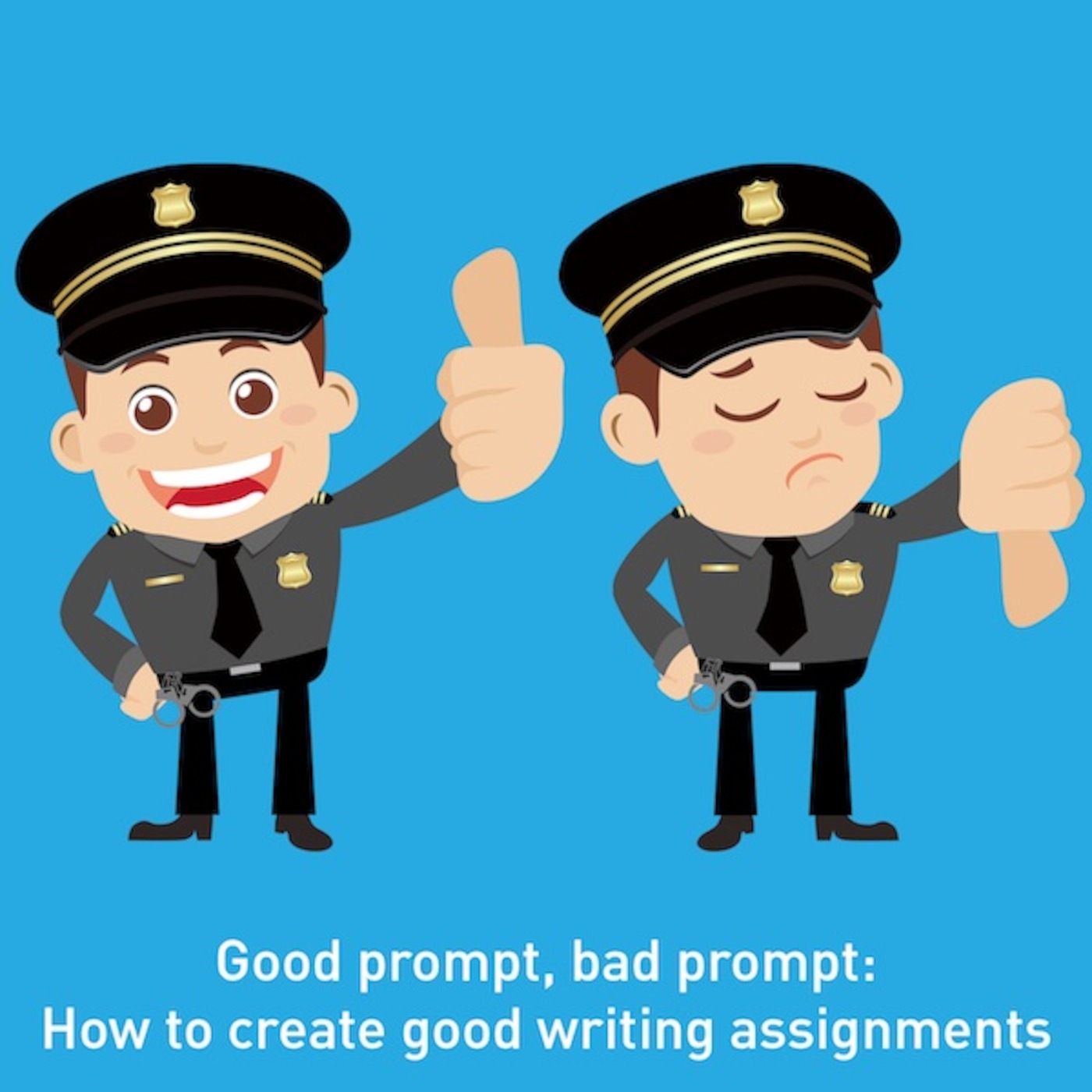
Good prompt, bad prompt: How to create good writing assignments
Writing studies research shows that the way we ask for student writing is an important factor affecting the quality of that writing. In this episode, I review how to create prompts that will get you …
00:12:54 |
Thu 25 Oct 2018
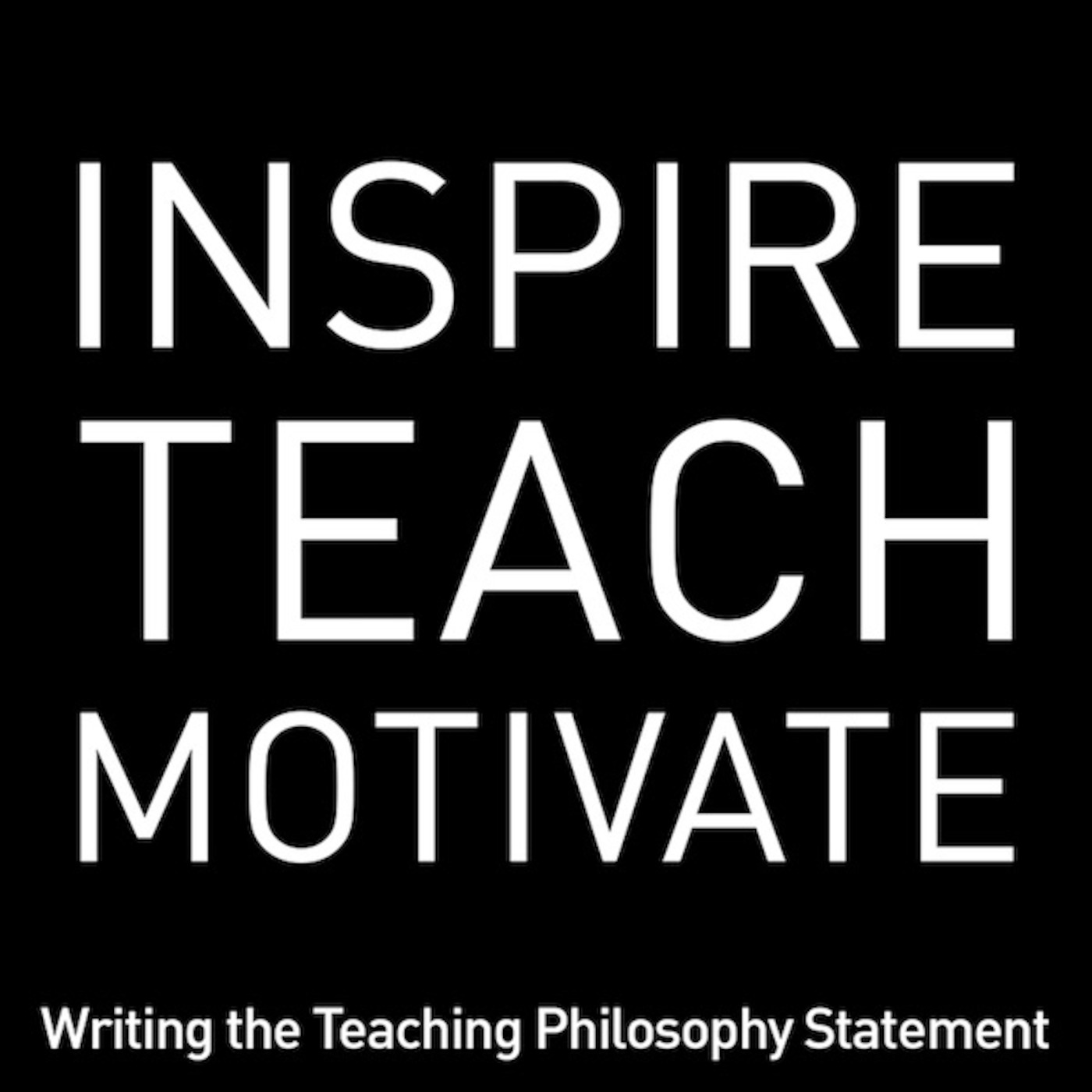
Writing the Teaching Philosophy Statement
Why do you teach the way you do? A Teaching Philosophy Statement answers this questions. In this episode, Dr. Cosette Lemelin joins Roger Graves to talk about the challenges involved in writing one o…
00:19:03 |
Mon 15 Oct 2018
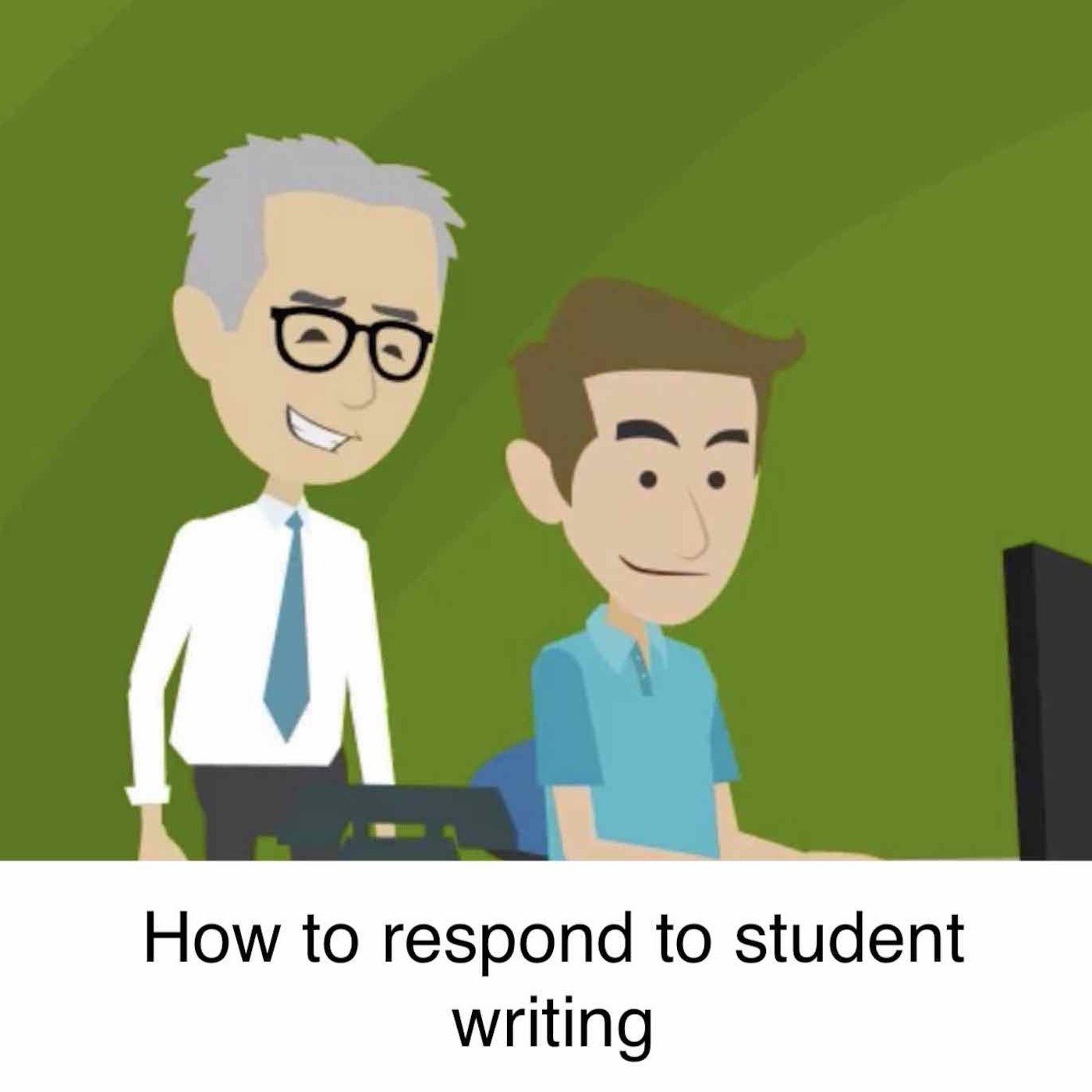
How to respond to student writing
How can you respond to student writing while protecting your time and energy? In this episode I talk about some of the basic principles of responding well and suggest strategies for ensuring students…
00:13:35 |
Wed 10 Oct 2018
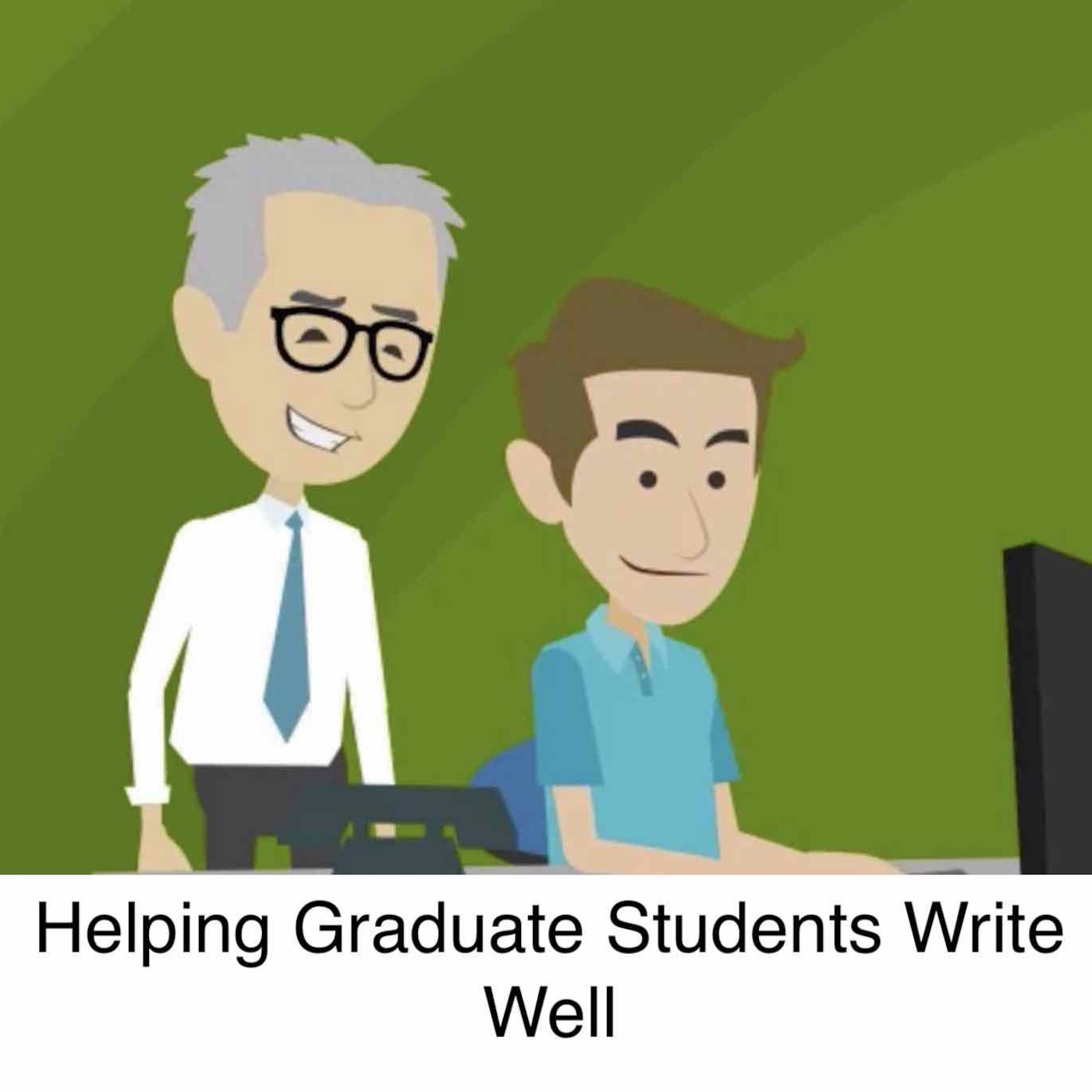
Helping Graduate Students Write Well
This episode provides ideas and advice for supervisors who work with graduate students as they write a variety of documents from research articles to dissertations.
00:13:24 |
Thu 27 Sep 2018
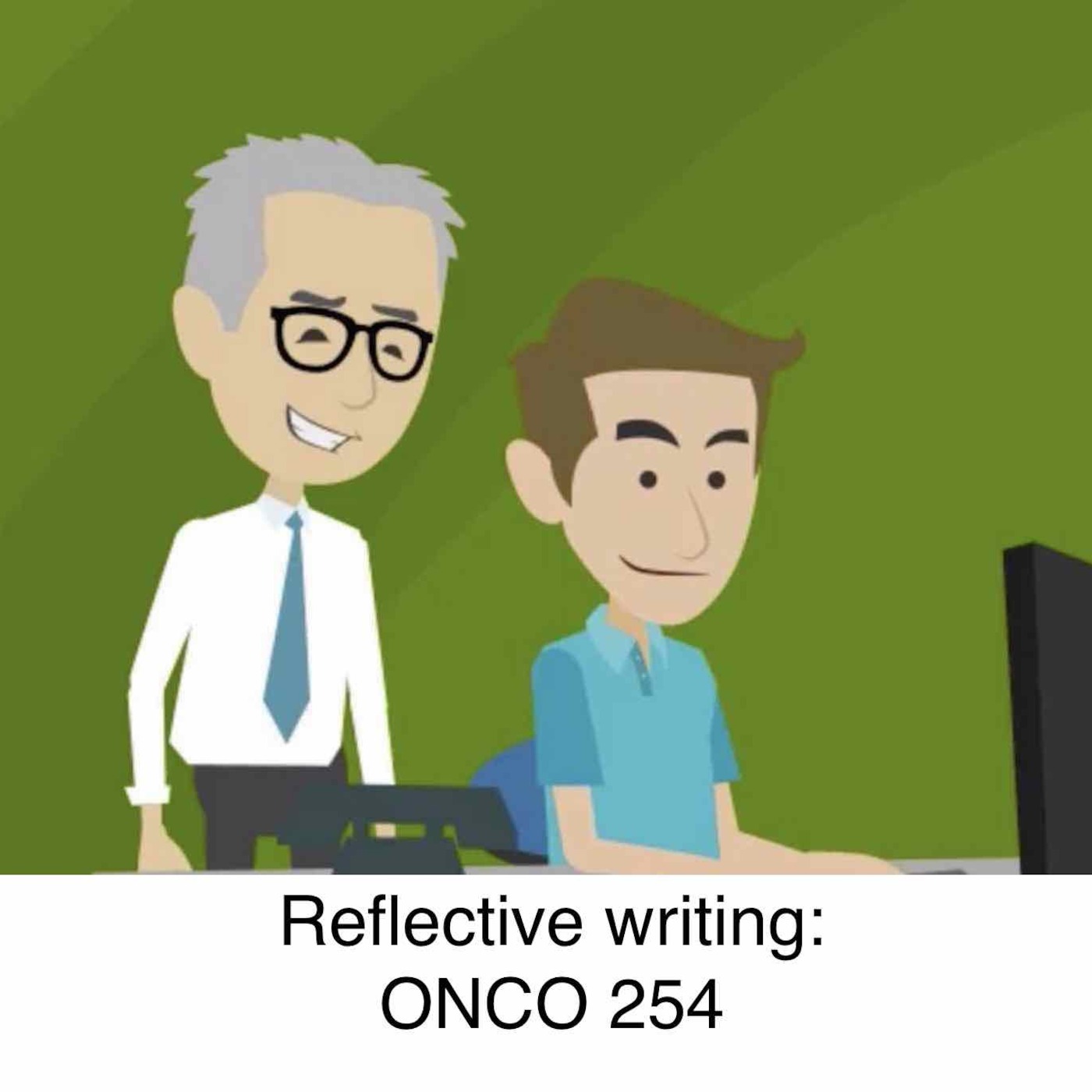
Reflective writing for ONCO 254 Students
This podcast talks about how to write the reflection part of the patient journey assignment for Oncology 254 students.
00:09:15 |
Mon 24 Sep 2018
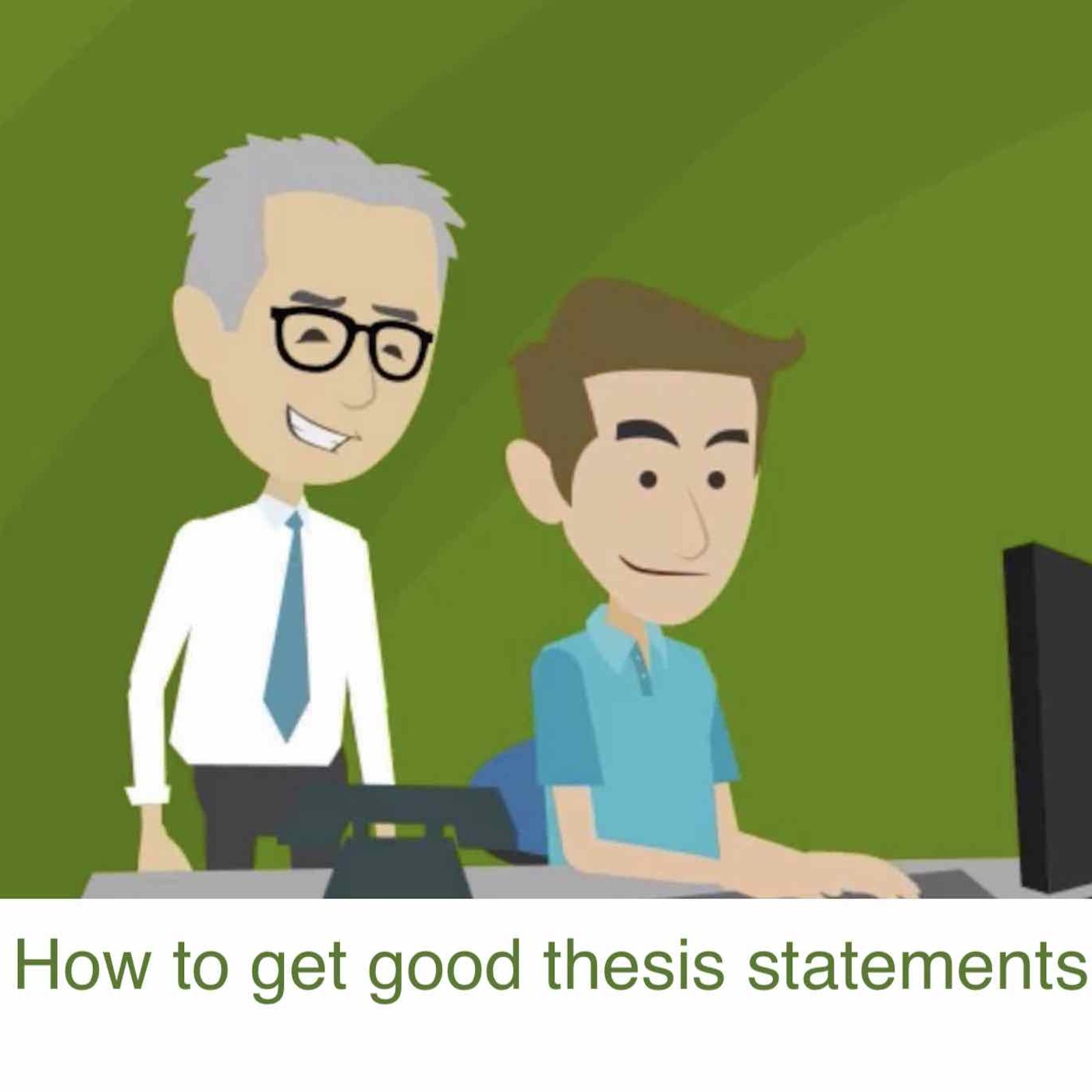
How to get good thesis statements
One key way students go wrong when writing occurs when they cannot articulate the argument they are trying to make. This podcast talks about ways you can direct them to write an arguable thesis state…
00:07:43 |
Tue 18 Sep 2018
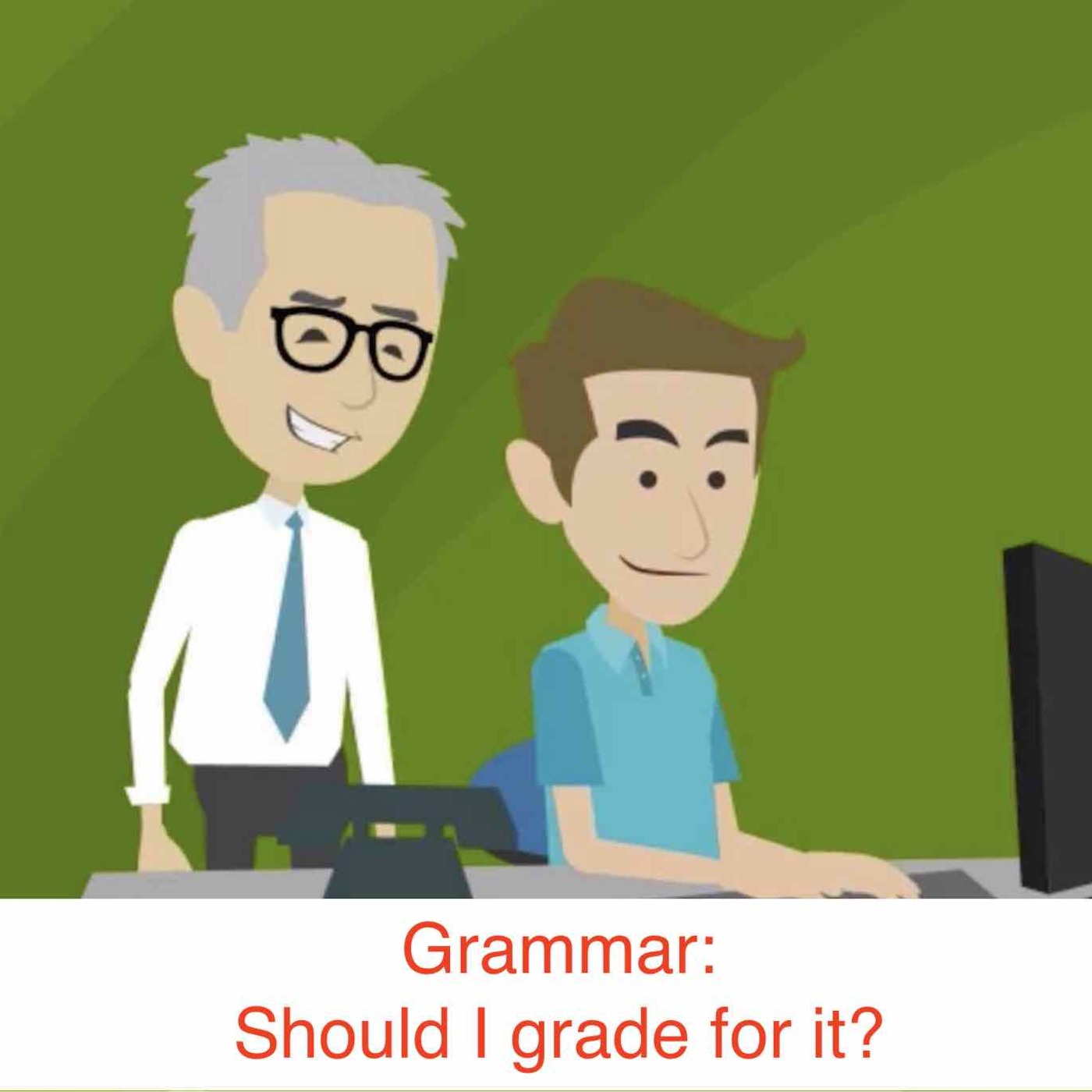
Grammar: Should I grade for it?
For instructors who are not teaching a writing course, how much emphasis should they put on grammar and usage. This podcast looks at the research on teaching grammar, the social implications of penal…
00:11:21 |
Fri 07 Sep 2018
Disclaimer: The podcast and artwork embedded on this page are the property of Roger Graves. This content is not affiliated with or endorsed by eachpod.com.